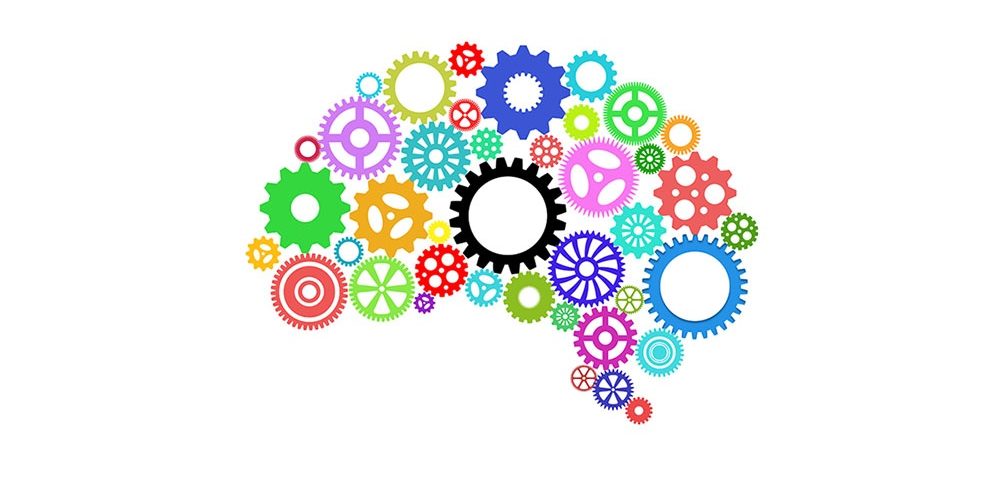Leadership Skills – An Overview

Leadership Styles – An Overview
April 9, 2019
Leadership Development in small businesses and beyond – a Brief Overview
April 23, 2019There are three broad categories of leadership skills – administrative/technical, conceptual, and interpersonal leadership skills (Northouse, 2020). This article will focus on interpersonal skills after giving a short introduction to each.
In my recent blog posts I have mentioned the difference between a small business and a large business manager. Many industries are highly competitive which requires business leaders to advance skills, such as “empathy, self-awareness, cultural sensitivity, behavioral flexibility” (Yukl, 2013) and more.
Small to medium-sized business leaders tend to have high technical skills and are often more task-focused. The bigger the organisation gets the more important are conceptual and interpersonal skills.
Administrative/Technical Skills
Administrative/technical leadership skills include managing your resources and tasks. You have high administrative/technical leadership skills when you are good at the operational level of your organisation. You know who needs to do what in what time to accomplish your goals.
Conceptual Skills
Conceptual leadership skills include strategic planning, problem-solving, vision creation, and creativity. You have high conceptual leadership skills when you are good at coming up with big ideas and know how to strategically achieve your goals. This involves ‘big-picture-thinking’ and the ability to put theory into practice.
Interpersonal Skills
Interpersonal leadership skills include having emotional intelligence, communication and conflict management skills which are highly intertwined.
High levels of emotional intelligence enhance leadership effectiveness by a higher capacity for problem-solving, time management, situational behavior adjustment, and crises management. The competencies of emotional intelligence include self-awareness, self-regulation, motivation, social awareness or empathy, and relationship management or social skills (Goleman, 2002; Yukl, 2013).
Self-Awareness
SELF-AWARE leaders understand their own emotions, they are aware of their values, their strengths and their weaknesses, and have self-confidence. They reflect on themselves and are open for feedback. Understanding ourselves helps to improve and to let go of flaws that might hinder our business success. According to Leitch et al. (2009), small to medium-sized business leaders tend to be dominant, lacking both reflection and openness. Having no one to be accountable to might bear the risk of lacking self-awareness. We need to avoid “blind spots”, such as setting unrealistic goals, “relentless striving…, pushing others too hard”, micromanagement, and being “overly concerned with public image”. Self-awareness is more likely to create positive change of a leader’s performance (Goleman, 1999).
Self-Management
The second competency of an emotionally intelligent leader is SELF-MANAGEMENT which involves emotional self-control, transparency, and adaptability (Goleman, 2002). Leaders who can manage their emotions well, meaning to “channel them in useful ways”, stay calm under pressure and remain focused. They admit to misbehavior and do not let high demands get them overwhelmed. Considering the high pressure and demand on small to medium-sized business leaders in highly competitive markets and the dependence of their business on them (Bolden & Terry, 2000; Burns, 2016), it is crucial for the success of their business to manage themselves well.
Motivation
Another component of emotional intelligence is MOTIVATION, the “emotional tendencies that guide or facilitate reaching goals” (Goleman, 1999). One’s achievement drive, commitment, initiative, and optimism determine the performance of a leader. The rather task-oriented behavior of small to medium-sized business leaders might imply their higher commitment to the business itself and possibly to customers instead of to their employees which constrains their leadership effectiveness (Goleman, 1999). And to stay optimistic despite setbacks is also essential for positive self-management.
Social Awareness
While the first three competencies of an emotionally intelligent leader were focused on the leader, social awareness and social skills focus on the leader’s relationship management. SOCIAL AWARE leaders employ empathy to “sensing others’ feelings and perspectives” (Goleman, 1999), they look out for others instead of being egocentric and are service oriented to the people around them. They listen attentively and are able to detect why people behave in a certain way (Goleman, 2002).
Social Skills
Social Awareness is crucial for the final competency, SOCIAL SKILLS. This includes communication, conflict management, inspiration, leading change, and developing others (Goleman, 1999, 2002). They are fundamental for effective leadership that includes delegation, one of the main challenges of the small to medium-sized business leader. According to a study by Holloway and Schaefer (2014), “skills that allow sustainability beyond 5 years” in small enterprises are “collaboration and forms of communication, mentoring, as well as people skills and motivation”. Bolden and Terry’s (2000) study shows that small to medium-sized business leaders tend to rely “more on informal relationships than formal meetings and briefings” for effective communication.
In summary, emotional intelligence is as essential for the small to medium-sized business leader to be effective in leadership as it is in larger organisations, it might just look different. The small to medium-sized business leader might have to look for a mentor outside of the organisation or establish an atmosphere where constructive feedback is appreciated from subordinates.
Since leadership is highly people-focused BEYOND Leadership Coaching highlights these intra- and inter-personal skills.
As it has been shown in various studies, leaders are both born AND made. Meaning, some people are naturally ‘good with people’ while others are not.
It is certainly possible to develop those leadership skills. However, it is not enough to just sit in a seminar or read a book about it. It needs to be applied, reflected on and then applied again etc.
Coaching offers the ideal support for this improvement. It requires courage and a teachable attitude to step into this sphere. And it might determine the rise and fall of your leadership.
I’m here to help you go BEYOND in your leadership. If Emotional Intelligence is an area you would like to work on, please book a FREE 45-min Leadership Roadmap Session and find out which road to take from here.
Happy Tuesday again (or whenever you’re reading this)!
Desiree



2 Comments
[…] Leadership in Small Businesses – Part 3 // Emotional Intelligence […]
[…] Leadership in Small Businesses – Part 3 // Emotional Intelligence […]